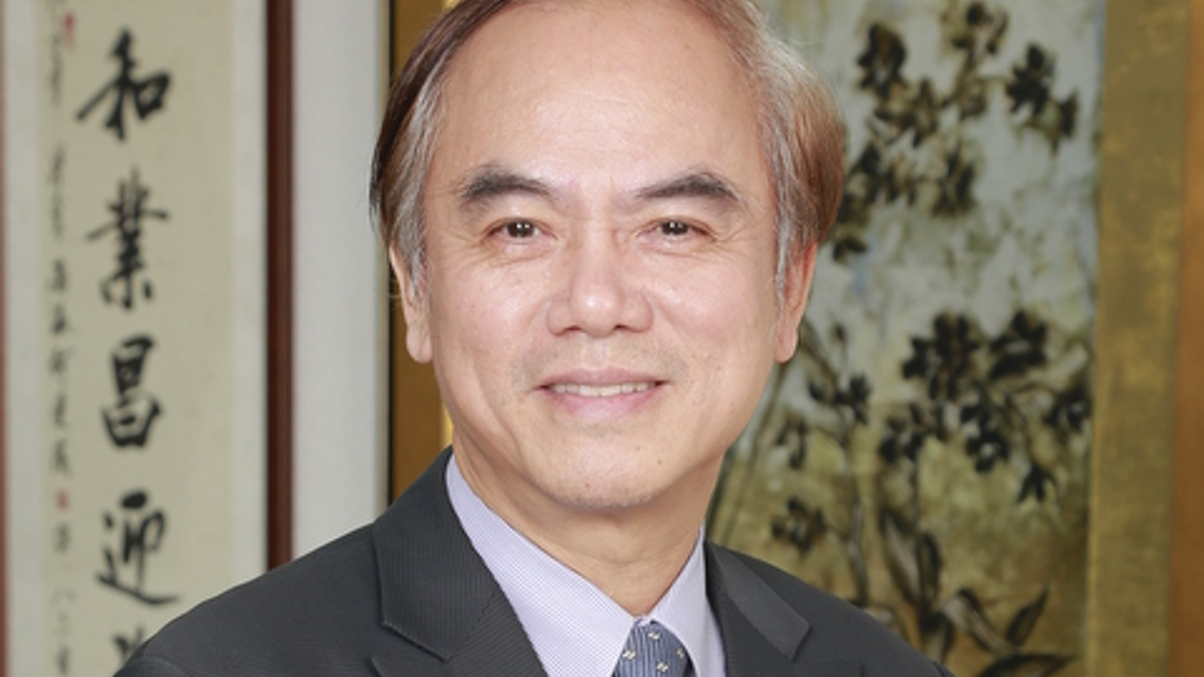Former BLF head calls for changes
Huang Chao-hsi, who left Taiwan's Bureau of Labor Funds on January 13, wants to see its foreign allocation limits removed and more money available for hiring investment staff.

Taiwan's Bureau of Labor Funds should have no limit on its foreign portfolio allocation and needs more investment professionals to cope with its expanding assets under management, suggests its former director general.
Sign in to read on!
Registered users get 2 free articles in 30 days.
Subscribers have full unlimited access to AsianInvestor
Not signed up? New users get 2 free articles per month, plus a 7-day unlimited free trial.
¬ Haymarket Media Limited. All rights reserved.


